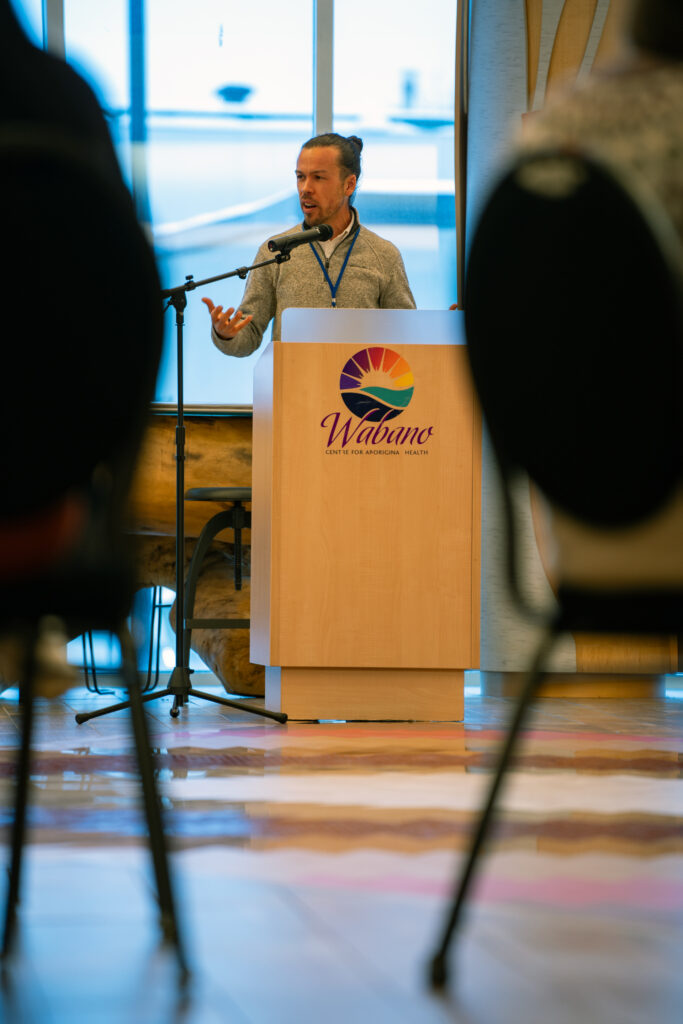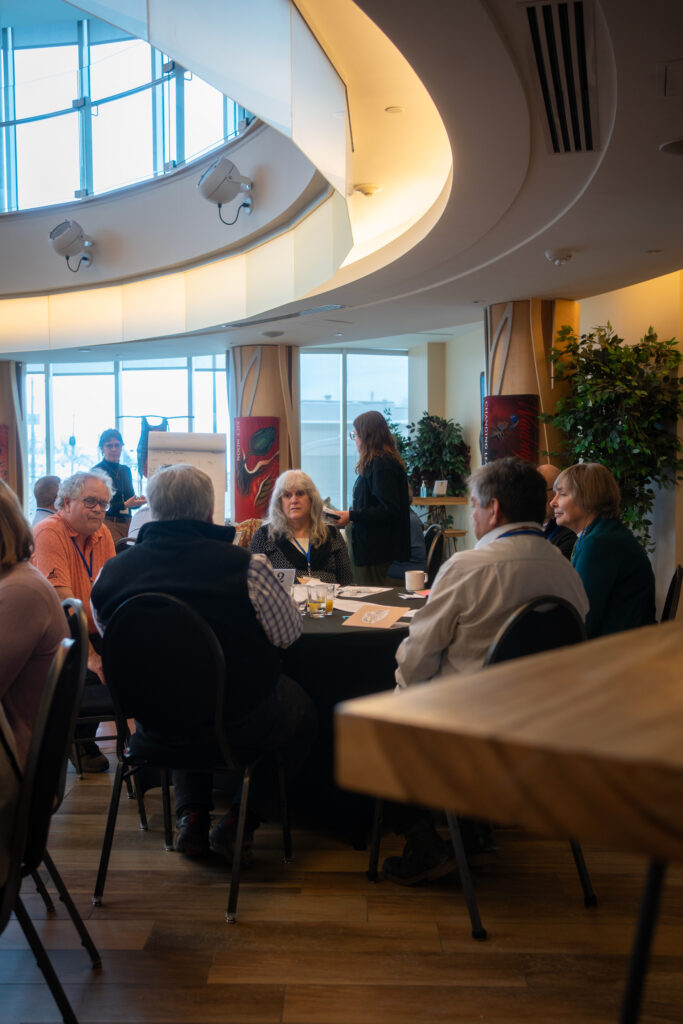All Hands On Deck Summit Recap
In the drive for effective invasive species management, collaboration with Indigenous communities, governments, and organizations is pivotal.
Over the past two years, CCIS has been working on the All-Hands-on-Deck Project. This project builds upon the Canadian Council of Invasive Species’ ongoing work of bringing people together by identifying principles and practices that promote effective and sustainable all-hands-on-deck invasive species partnerships at and across all scales.
 With the understanding that collaborative, all-hands-on-deck solutions are the only viable long-term approach to effective invasive species action, CCIS engaged in conversations with representatives of dozens of Indigenous communities, governments, and organizations throughout this project. We have heard loudly and clearly that there is an urgent need to address the highly fragmented regulatory, funding, and administrative systems that often prevent Indigenous rights holders ‘ full participation and leadership in addressing invasive species issues within their traditional and treaty territories.
With the understanding that collaborative, all-hands-on-deck solutions are the only viable long-term approach to effective invasive species action, CCIS engaged in conversations with representatives of dozens of Indigenous communities, governments, and organizations throughout this project. We have heard loudly and clearly that there is an urgent need to address the highly fragmented regulatory, funding, and administrative systems that often prevent Indigenous rights holders ‘ full participation and leadership in addressing invasive species issues within their traditional and treaty territories.
We recognize that Indigenous rights- and knowledge-holders are vital partners in any successful invasive species project. Yet, many past invasive species initiatives have failed to include Indigenous peoples as full partners or integrate their distinct knowledge, rights, priorities, and perspectives in meaningful or respectful ways. This needs to change.
 On January 23rd, with the continued support of the Canadian Food Inspection Agency, CCIS hosted the first All Hands on Deck Summit at the Wabano Centre for Aboriginal Health located in Ottawa, Ontario. The purpose of the All-Hands-on-Deck Summit was to explore existing barriers, and identify emerging opportunities for fostering more effective invasive species collaboration at all scales—ensuring that as many voices as possible can contribute to the new pathway forward. With over 25 participating organizations across Canada, the Summit participants engaged in discussions around stewardship, collaboration, relationship structures, and insights on dismantling roadblocks to foster partnerships in tackling invasive species management.
On January 23rd, with the continued support of the Canadian Food Inspection Agency, CCIS hosted the first All Hands on Deck Summit at the Wabano Centre for Aboriginal Health located in Ottawa, Ontario. The purpose of the All-Hands-on-Deck Summit was to explore existing barriers, and identify emerging opportunities for fostering more effective invasive species collaboration at all scales—ensuring that as many voices as possible can contribute to the new pathway forward. With over 25 participating organizations across Canada, the Summit participants engaged in discussions around stewardship, collaboration, relationship structures, and insights on dismantling roadblocks to foster partnerships in tackling invasive species management.
We continue to work on identifying outcomes and the steps needed to move towards harmonious partnerships between all invested parties to curb the spread of invasive species.
Find our Indigenous Leadership Spotlights in English and French.